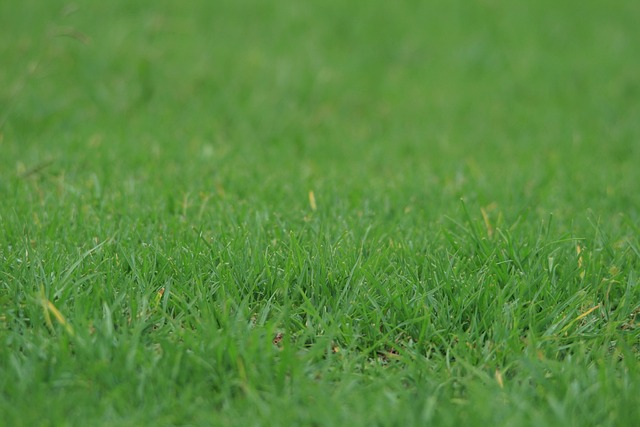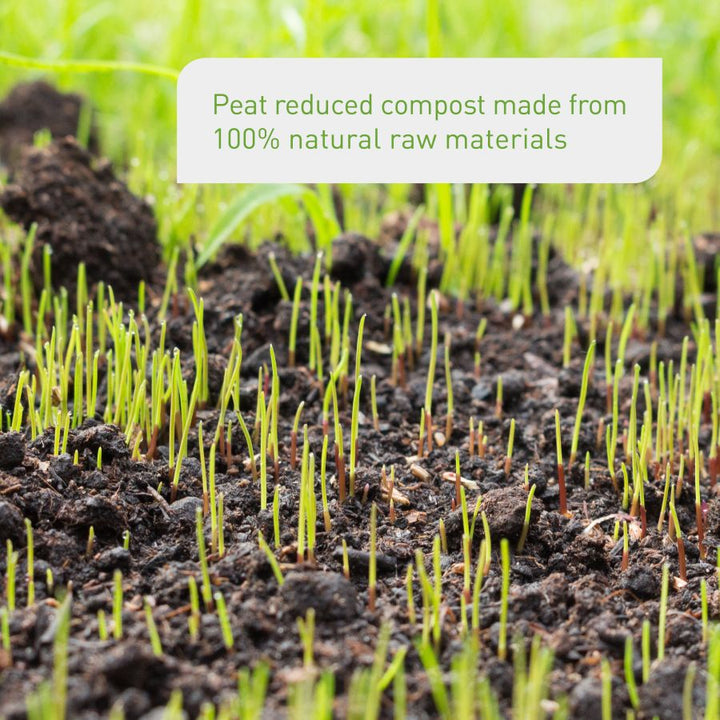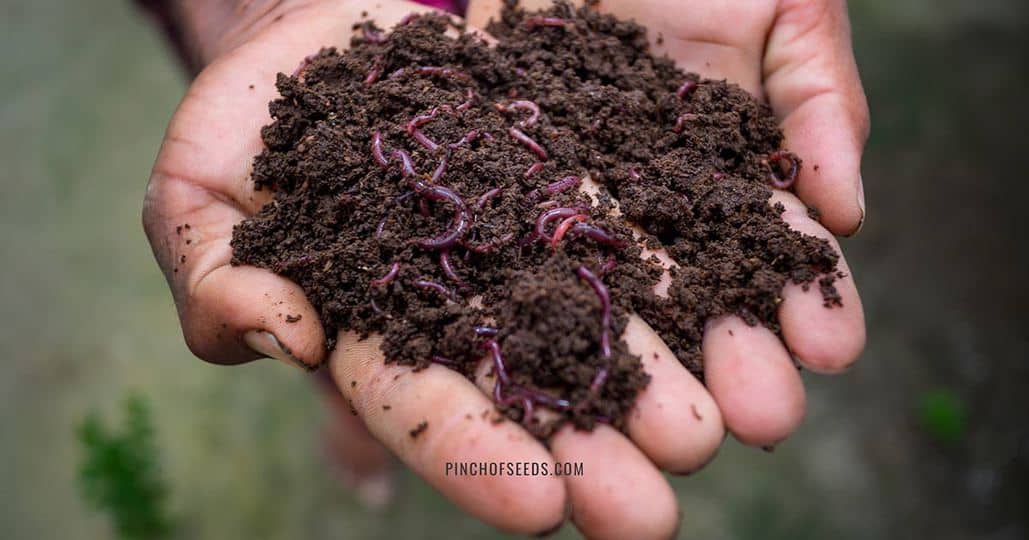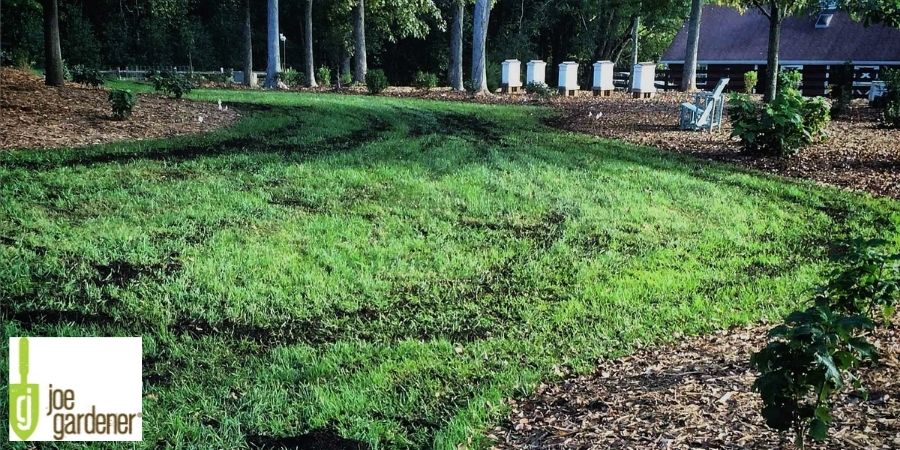The Ultimate Guide To Choosing The Best Compost For Lawn Seeding
The Ultimate Guide to Choosing the Best Compost for Lawn Seeding
A beautiful, healthy lawn is a great way to add curb appeal to your home and create a space for outdoor enjoyment. But if your lawn is patchy, brown, or full of weeds, it's time to take action. One of the best ways to improve your lawn is to overseed it with new grass seed.
But before you start seeding, it's important to prepare your soil. This means adding compost to the soil to improve its drainage, aeration, and nutrient content. Compost is a great way to improve the health of your lawn, and it can also help to reduce the need for fertilizers and pesticides.
But not all compost is created equal. Some composts are better suited for lawn seeding than others. In this guide, we'll discuss the factors you need to consider when choosing compost for lawn seeding, and we'll recommend some of the best composts on the market.
What is Compost?
Compost is a type of organic matter that is created by the decomposition of plant and animal materials. It is a rich source of nutrients that can help to improve the health of soil. Compost can also help to improve the drainage and aeration of soil, which can make it easier for grass roots to grow.
Why is Compost Important for Lawn Seeding?
When you overseed your lawn, you are essentially adding new grass plants to the soil. These new plants need a good foundation in order to grow strong and healthy. Compost provides that foundation by improving the drainage, aeration, and nutrient content of the soil.
In addition, compost can help to reduce the need for fertilizers and pesticides. This is because compost contains nutrients that can help to feed your lawn, and it also helps to suppress the growth of weeds.
What to Look for in Compost for Lawn Seeding
When choosing compost for lawn seeding, there are a few factors you need to consider:
- The type of grass you are seeding. Some composts are better suited for certain types of grass than others. For example, if you are seeding a lawn with Kentucky bluegrass, you will need a compost that is high in nitrogen.
- The pH of your soil. The pH of your soil is a measure of how acidic or alkaline it is. Most grasses prefer a soil pH of 6.0 to 7.5. If your soil is too acidic or alkaline, you will need to add compost to adjust the pH.
- The quality of the compost. Not all compost is created equal. Some composts are more nutrient-rich than others. When choosing compost, look for a product that is certified organic and that has been tested for nutrient content.
Recommended Composts for Lawn Seeding
Here are a few of the best composts for lawn seeding:
- Black Gold Garden Compost. This compost is high in nitrogen and other nutrients, making it a good choice for seeding lawns with Kentucky bluegrass.

- Emerald Forest Compost. This compost is made from a blend of green and brown materials, making it a balanced and nutrient-rich option for lawn seeding.

- Milorganite. Milorganite is a type of biosolids compost that is high in nitrogen and phosphorus. It is a good choice for lawns that need a boost of nutrients.

- Pro-Mix All Purpose Compost. This compost is a good all-purpose option for lawn seeding. It is high in organic matter and nutrients, and it is easy to work with.

How to Apply Compost to Your Lawn
Once you have chosen the right compost for your lawn, you need to apply it properly. Here are the steps on how to apply compost to your lawn:
- Rake your lawn to remove any debris.
- Spread the compost evenly over the lawn.
- Rake the compost into the soil.
- Water the lawn thoroughly.
Conclusion
Compost is a great way to improve the health of your lawn and to help new grass plants grow strong and healthy. By following the tips in this guide, you can choose the right compost for your lawn and apply it properly. With a little care and attention, you can have a beautiful, healthy lawn that you can enjoy for years to come.
If you're looking for the best compost for lawn seeding, you've come to the right place. There are a few different types of compost that can be used for lawn seeding, but not all of them are created equal. Some composts are better at providing nutrients for grass growth, while others are better at improving drainage or aeration.
To help you find the best compost for your lawn, I recommend visiting Garden Wiki. This website has a comprehensive guide to the different types of compost available, as well as recommendations for specific composts for different types of lawns.
In addition to providing information about compost, Garden Wiki also offers a variety of other resources for lawn care, including articles, videos, and a forum where you can ask questions and get advice from other lawn care enthusiasts.
So if you're ready to start your lawn seeding project, be sure to visit Garden Wiki first. You'll find everything you need to know to choose the right compost and get your lawn looking its best.
FAQ of best compost for lawn seeding
1. What is the best compost for lawn seeding?
There are many different types of compost available, but not all of them are created equal. For lawn seeding, you will want to choose a compost that is high in organic matter and nutrients. Some good options include mushroom compost, worm castings, and composted manure. These composts will help to improve the soil structure, drainage, and fertility, which will all benefit the new grass seed.
2. How much compost should I use for lawn seeding?
The amount of compost you need will depend on the size of your lawn and the type of compost you are using. A general rule of thumb is to apply 1-2 inches of compost over the entire lawn. If you are using a high-quality compost, you may be able to get away with using less.
3. When should I add compost to my lawn before seeding?
The best time to add compost to your lawn before seeding is in the fall or spring. This will give the compost time to break down and improve the soil before you plant the grass seed.
4. How do I add compost to my lawn before seeding?
You can add compost to your lawn by spreading it evenly over the surface with a rake or a broadcast spreader. Be sure to water the compost thoroughly after spreading it.
5. What are the benefits of using compost for lawn seeding?
There are many benefits to using compost for lawn seeding. Here are a few of the most important:
- Compost improves the soil structure, making it easier for water and nutrients to reach the roots of the grass.
- Compost increases the fertility of the soil, providing the grass with the nutrients it needs to grow strong and healthy.
- Compost helps to suppress weeds and pests, creating a morehospitable environment for the grass to grow.
- Compost can help to improve the drainage of the soil, reducing the risk of waterlogging.
Image of best compost for lawn seeding
- Image 1: A bag of mushroom compost with the caption "Mushroom compost is a great choice for lawn seeding because it is high in nutrients and helps to improve drainage."

- Image 2: A pile of organic compost with the caption "Organic compost is another good option for lawn seeding because it is rich in organic matter and helps to improve the soil structure."

- Image 3: A close-up of a handful of worm castings with the caption "Worm castings are a nutrient-rich soil amendment that can help to improve the germination rate of grass seed."

- Image 4: A photo of a lawn that has been seeded with grass seed and topped with compost with the caption "Composting your own lawn clippings is a great way to provide your lawn with the nutrients it needs to grow healthy and strong."
- Image 5: A photo of a gardener spreading compost on a lawn with the caption "Spreading compost on your lawn is a great way to improve the soil quality and help your lawn to thrive."

Post a Comment for "The Ultimate Guide To Choosing The Best Compost For Lawn Seeding"